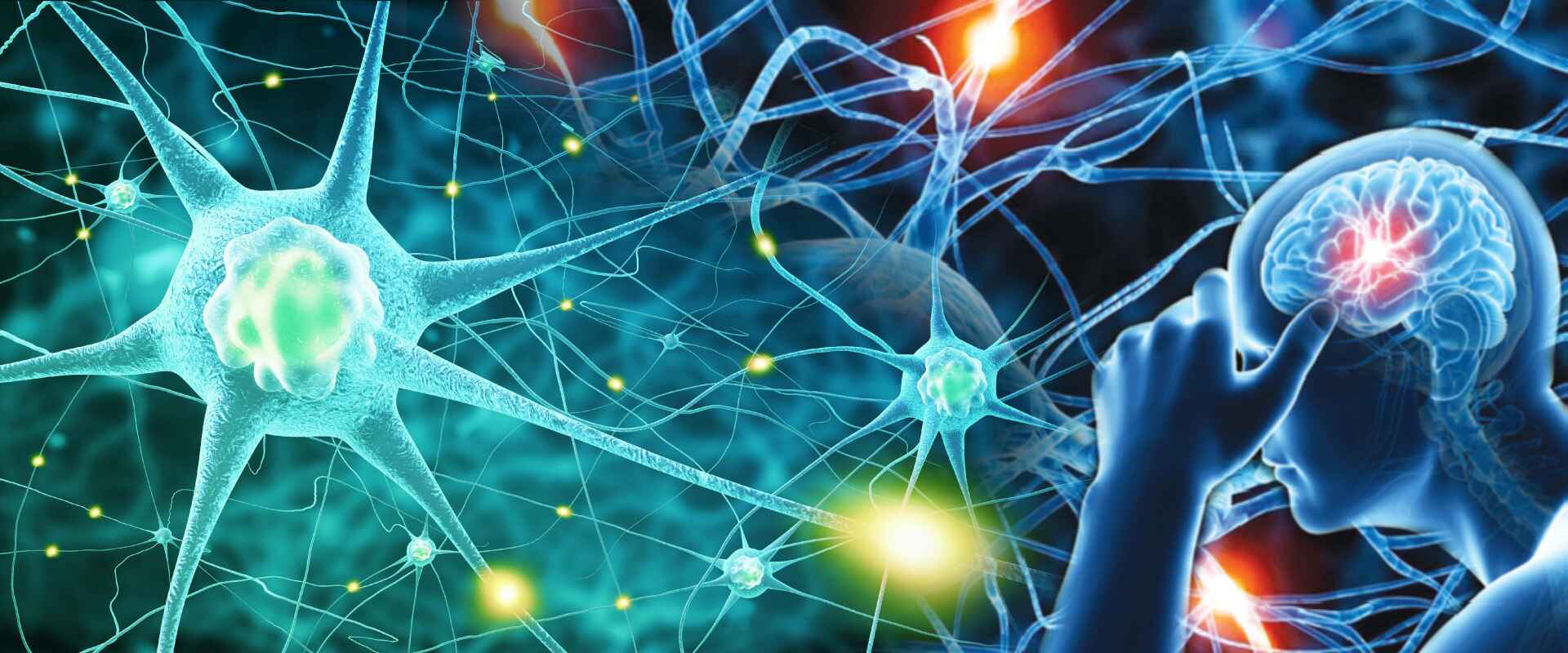Association of severity of depressive symptoms with sleep quality, social support and stress among Pakistani medical and dental students: A cross-sectional study
Keywords:
Sleep, Pittsburgh Sleep Quality Index, stress, depression, social support, patient health questionnaire, medical students, PakistanAbstract
Objectives: This study has been designed to elucidate the prevalence of stress, depression and poor sleep among medical students in a Pakistani medical school. There is a paucity of data on social support among medical students in Pakistan; an important predictor of depressive symptoms. Therefore, this study was also aimed to demonstrate the direct and indirect impact of social support in alleviating depressive symptoms in the study sample. Methods: This observational cross-sectional study was conducted in Lahore, Pakistan, where a total of 400 students at a medical school were approached between 1st January to 31 st March 2018 to participate in the study. The study sample comprised of medical and dental students enrolled at a privately financed Pakistani medical and dental school. The participants responded to a selfadministered survey comprising of five parts: a) demographics, b) Pittsburgh Sleep Quality Index (PSQI), c) Patient Health Questionnaire-9 (PHQ-9), d) Multidimensional Scale of Perceived Social Support (MSPSS) and e) Perceived Stress Scale-4 (PSS-4). All data were analysed using SPSS v. 20. Linear regression analysis was used to reveal the predictors of depression. Results: In total, 353 medical students participated, yielding a response rate of 88.25%. Overall, poor sleep quality was experienced by 205 (58.1%) students. Mild to severe depression was reported by 83% of the respondents: mild depression by 104 (29.5%), moderate depression by 104 (29.5%), moderately severe depression by 54 (15.3%) and severe depression by 31 (8.8%) respondents. Subjective sleep quality, sleep latency, daytime dysfunction and stress levels were significantly associated with depression symptoms. Social support was not significantly associated with depressive symptoms in the regression model (Beta = -0.08, P 0.09); however, it acted as a significant mediator, reducing the strength of the relationship between depressive symptoms and sleep quality and stress. Conclusions: According to our study, a large proportion of healthcare (medical and dental) students were found to be suffering from mild to moderate depression and experienced poor sleep quality. It is concluded that social support is an important variable in predicting depressive symptomatology by ameliorating the effects of poor sleep quality and high stress levels.

